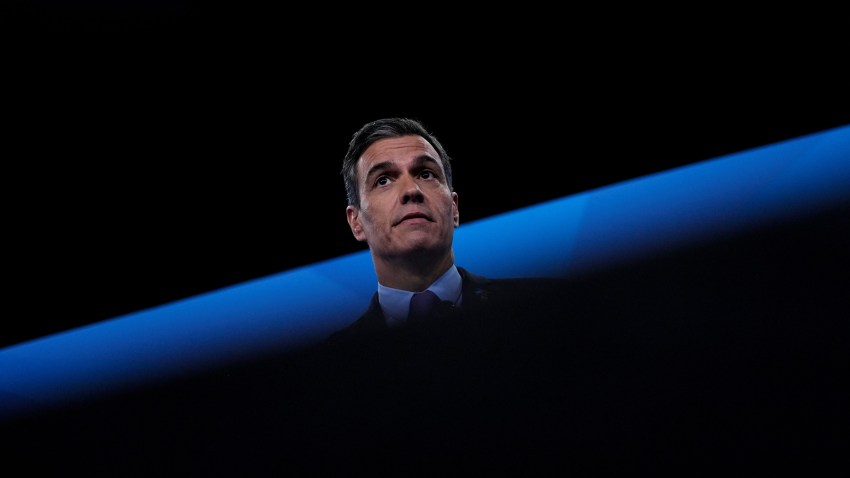Hello everyone, and welcome to WPR’s new and improved daily email. This is Jakob Cansler writing to you from Washington. Today at WPR, we’ve got stories on Lula’s dream of a Latin American currency and Spanish PM Sanchez’s surprise snap election announcement.
Get the Daily Review sent straight to your inbox every weekday.
First, though, here’s our take on today’s top stories:
U.S.-China tensions: At a defense forum this weekend, U.S. and Chinese defense officials “publicly traded accusations of stoking tension in the Taiwan Strait,” the Washington Post reports. The two sides have spoken recently about a potential thaw in relations, but those hopes have been undercut by recent military incidents.
Our Take: As the premiere security gathering in the Indo-Pacific region, the Shangri-La Dialogue has in recent years begun to resemble a high-stakes group therapy session regarding the growing competition between the U.S. and China. This year’s edition showcased three major themes we’ve been following in that rivalry:
- Washington’s desire for dialogue with Beijing, which has been met with a prickly refusal to maintain contact
- The region’s unease about China’s assertiveness, but lingering doubts about U.S. reliability
- A more active role by regional states to forge multilateral security partnerships, both with the U.S. and among each other
*****
Senegal: Protests across the country continued into the weekend after a court sentenced Ousmane Sonko, the country’s leading opposition figure, to two years in prison. His supporters believe the trial was part of an effort by the government to derail President Macky Sall’s main challenger ahead of next year’s presidential election. (Reuters)
More context from WPR:
- Sonko was accused of raping a massage parlor’s employee in 2021. At the time, Samba Dialimpa Badji reported that there was an increasing suspicion that Sall was using the courts to eliminate his opponents.
- There are wider concerns that Senegal is facing an erosion of democratic norms under Sall, as Chris O. Ògúnmọ́dẹdé and Borso Tall wrote more recently.
*****
You can read the rest of today’s News Wire, a curated selection of one must-read article from every region, here.

After a poor performance by his party in regional elections, Spanish Prime Minister Pedro Sanchez called for a snap election on July 23, five months ahead of the previously scheduled December polls.
Helen Morgan breaks down the surprise announcement, which “left analysts debating whether Sanchez had made a clever strategic gamble or opened the door to the far right to enter government as part of a ruling coalition.”
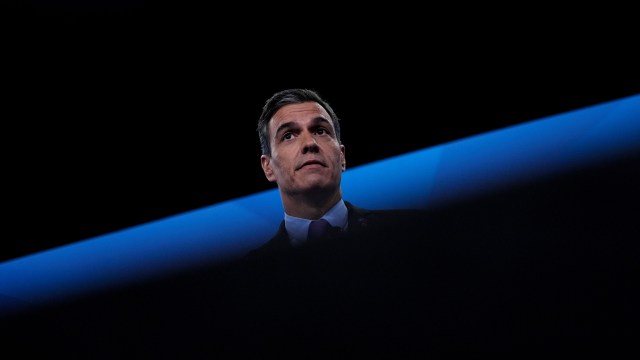
Sanchez’s Snap Elections Gamble Could Benefit Spain’s Far Right
Spanish PM Pedro Sanchez called snap elections for July following a poor performance by his PSOE in regional elections. Read more.
Since taking office in January, Brazilian President Luiz Inacio Lula da Silva has raised the idea of a regional currency multiple times. Columnist James Bosworth writes that the idea still faces numerous barriers:
Lula’s Push for a South American Currency Will Be a Tough Sell
Brazilian president Lula da Silva has mentioned the idea of a Latin American currency repeatedly since taking office in January. Read more.
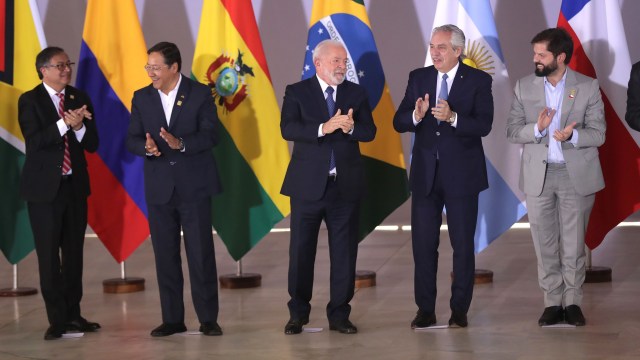

Question of the Day: Which of the following U.S. banks has NOT collapsed in the past three months?
- Silicon Valley Bank
- Signature Bank
- First Republic Bank
- M&T Bank
Find the answer in the latest WPR Weekly Quiz, then read Mark Copelovitch’s briefing on the recent bank collapses in the U.S.

Hundreds of thousands of people protested Poland’s governing party in Warsaw on Sunday, in response to legislation that Poland’s opposition believes will be used to disqualify opposition candidates.
The protest also comes within the larger context of democratic backsliding and a culture war between the country’s liberals and social conservatives. The latest flare-up in that culture war relates to abortion and women’s rights, as Annabelle Chapman wrote in April:
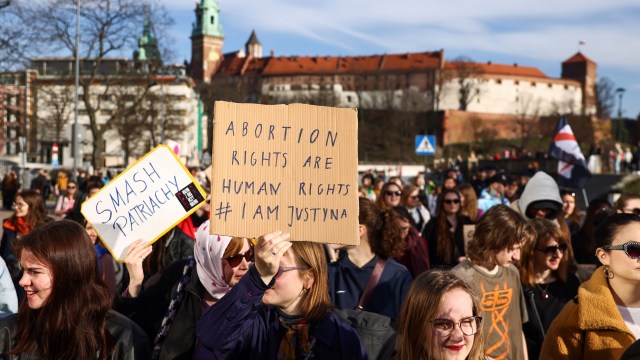
In Poland, Abortion and Women’s Rights Are Back In the Spotlight
April 10, 2023 | The unprecedented case of an activist being sentenced for providing another woman with abortion pills has put Poland’s near-total ban on abortion back in the spotlight. Read more.
Meanwhile, Panama’s former President Ricardo Martinelli, who is accused of laundering public funds and is barred from entering the U.S., has officially been chosen as the presidential candidate for his party in next year’s elections. R. Evan Ellis broke down what to look for as the election approaches:
Panama’s Popular Discontent Is Still Simmering
April 27, 2023 | With roughly a year to go before general elections, Panamanians are frustrated with the country’s current conditions and skeptical of the major political parties’ ability to deliver change. Read more.
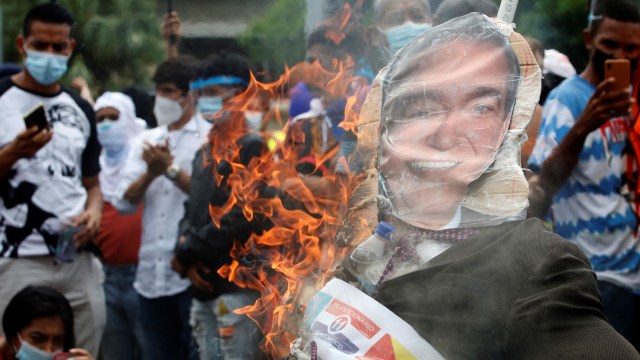
That’s it for today’s Daily Review. Coming up later this week, we’ve got articles on former Pakistani Prime Minister Imran Khan’s ongoing battle with the country’s military and South Africa’s stance on the war in Ukraine.
Have a great day,
Jakob Cansler
More from WPR
- Paul Poast on what we learned about how the G-7 plans to counter Russia and China.
- Joshua Collins on Colombian President Gustavo Petro’s recent struggles.
- Is the ‘golden age’ of retirement over? Richard Jackson says yes.
- Frida Ghitis on El Salvador’s increasingly authoritarian president.
Jakob Cansler is WPR’s assistant editor and the author of the Cansler Culture newsletter.

